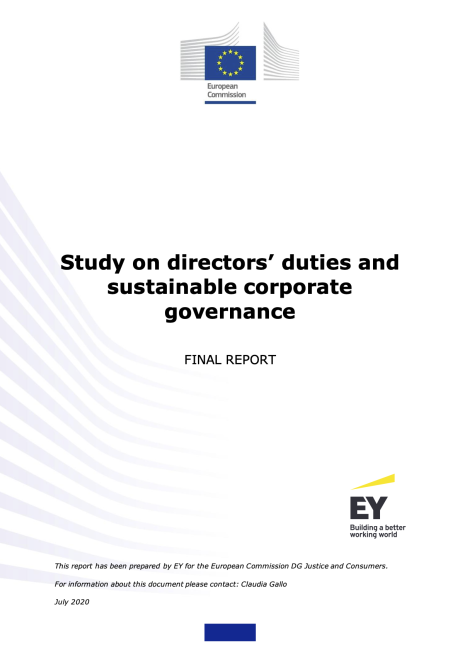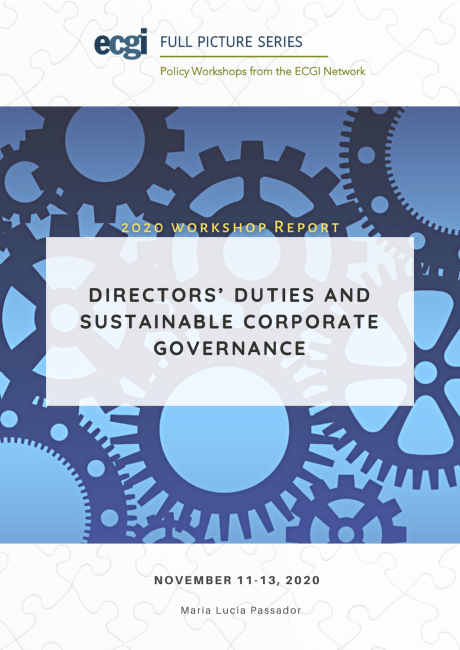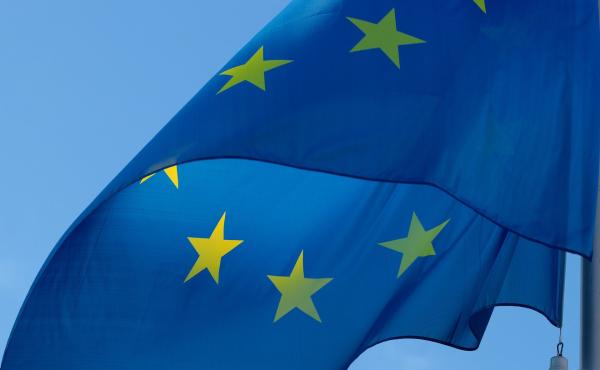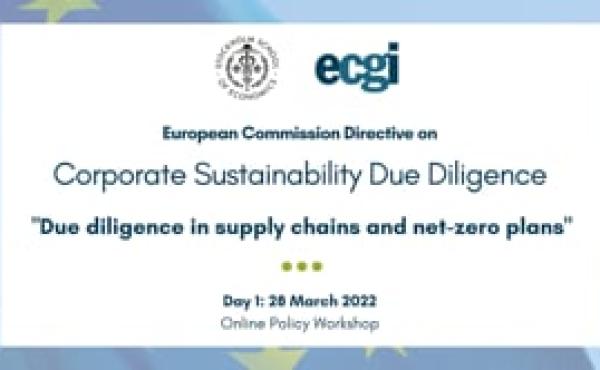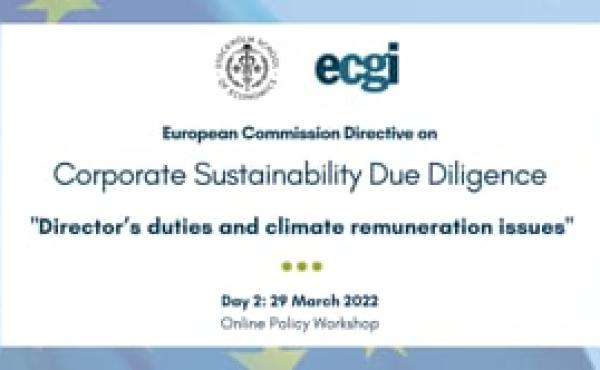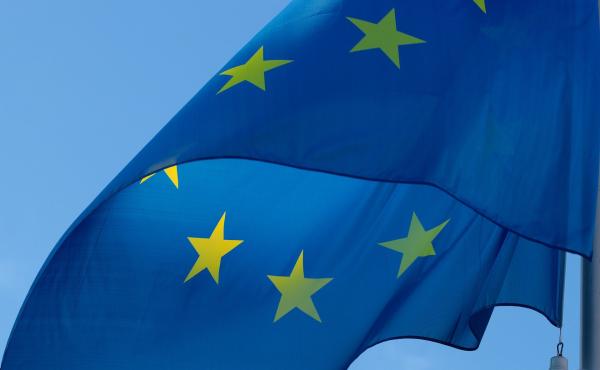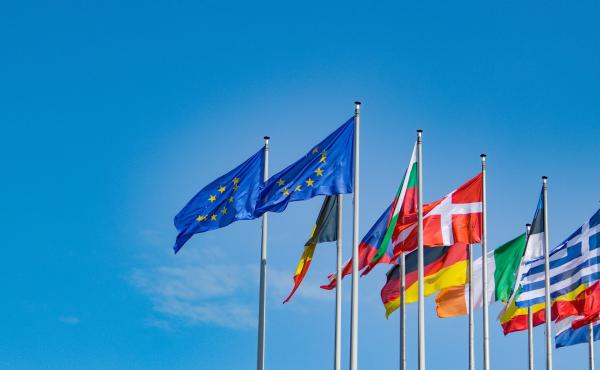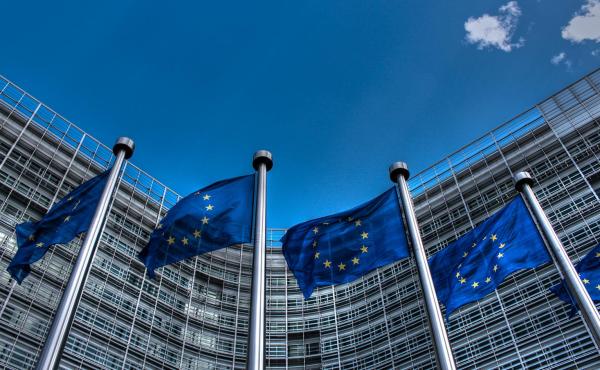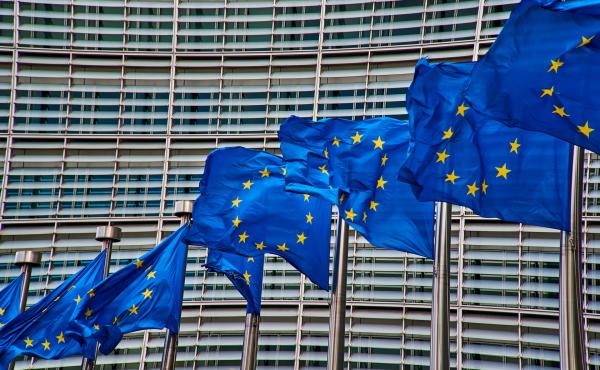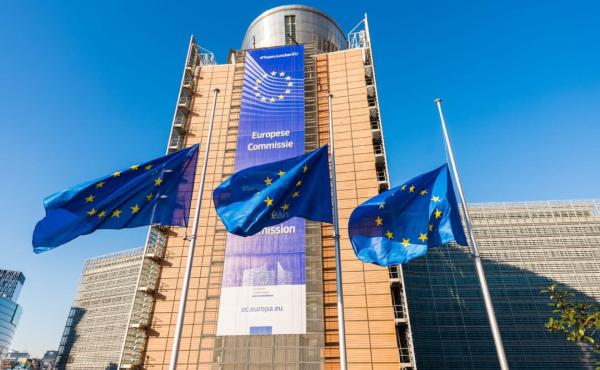Corporate Sustainability Due Diligence
(formerly: Directors’ Duties and Sustainable Corporate Governance)
ECGI took an active role in the consultation surrounding The European Commission's Corporate Sustainability Due Diligence Directive (CS3D).
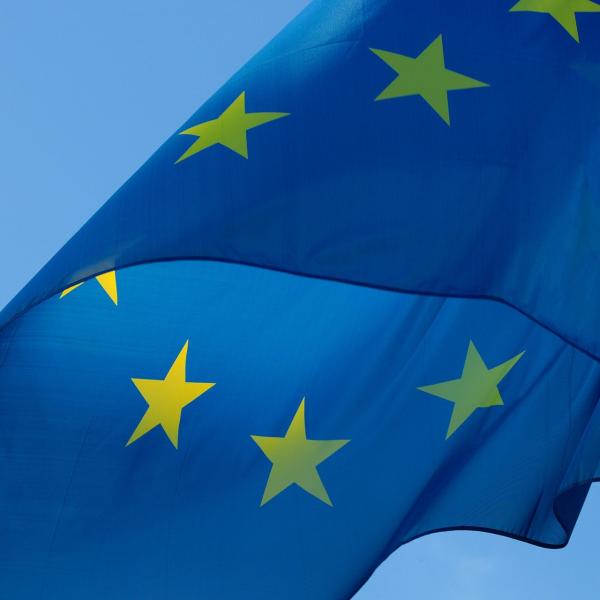
The consensus from the ECGI workshop on 'Directors’ Duties and Sustainable Corporate Governance' was that the issue of 'short-termism' deserves a more sophisticated analysis and response.
Based on a study by Ernst & Young (EY) on directors’ duties and sustainable corporate governance published in July 2020, the European Commission considered broad-sweeping reforms of corporate governance which would deeply affect European companies. The EY study stimulated a lively discussion about the impact of short-termism.
A number of scholars responded to the Commission’s consultation, urging policymakers to consider the full extent of the existing literature and established findings on the topics referenced. In an effort to address these gaps and to contribute to the current policy debate, ECGI convened leading scholars in a workshop format to discuss these issues.
In the words of the Commission:
“the [EY] Study found a clear trend of short-termism in the focus of EU companies. It identified key drivers of this issue, ranging from the narrow interpretation of directors duties and the company’s interest with the tendency to favour the short-term maximisation of financial value, through growing pressure from investors and the lack of a strategic perspective on sustainability all the way to the limited enforcement of the directors’ duty to act in the long-term interest of company. In order to lengthen the time horizon in corporate decision-making and to promote a corporate governance that is more conducive to sustainability, the Study also identified specific objectives that EU intervention could aim to reach".
The Study identified a number of policy options for the European Commission to consider (summarised at pp. 51-60), which could deeply impact corporate law and/or governance across the European Union. Topics include directors’ duties, the company’s purpose, corporate disclosures, executive compensation, and engagement with stakeholders.
The European Commission held a public consultation on these policy options, which closed on 8 October 2020.
The ECGI workshop participants cautioned against unlimited and widespread directors’ liability amendments which could damage European business, and offered a clear recommendation to the EU Commission to think beyond the study.
If we wish public corporations in Europe to be able to resist attacks by short-term oriented funds, the simplest approach might again be the use of the tax laws to tax at a higher rate sales where the fund has held the stock for three years or less.
~ Professor John C. Coffee, Jr.
89 ECGI Research Members subsequently signed a "Call for Reflection" stressing that;
Attempts to regulate sustainability may pressure companies to take actions to comply with the law even at the expense of long-term value, lead to an emphasis on sustainability factors that can be measured rather than those that matter, promulgate one-size-fits-all structures that are suboptimal for most firms’ unique circumstances, and reduce managers’ accountability to both shareholders and stakeholders.
We think the European Parliament draft is unworkable as it stands, ie that it cannot be implemented by companies in a rational and straightforward way, essentially because it lacks legal certainty. We propose two changes to remove this defect. These are a shift to good faith as the basis for the due diligence obligation for companies and the removal of those articles which generate liability for direct breaches of the standards (ie other than via their incorporation into the company’s individual strategy).
~ The ECLE group (European Company Law Experts)
Regulation should instead focus on correcting market failure, through taxing externalities, curbing monopoly power and improving information disclosure.
Developments
In early 2021, the European Commission published its proposals on “sustainable corporate governance”, that had by then morphed into a proposal for a directive on corporate sustainability due diligence. The proposal largely built on an expert report on due diligence requirements through the supply chain and existing laws in some EU Member States.
Reference to short-termism and the EY Study on directors’ duties and sustainable corporate governance that was discussed extensively in an ECGI workshop and working papers was dropped.
The aim of the directive that the European Commission proposed was "to foster sustainable and responsible corporate behaviour and to anchor human rights and environmental considerations in companies’ operations and corporate governance. The new rules will ensure that businesses address adverse impacts of their actions, including in their value chains inside and outside Europe.” A summary of the material content of the proposal, which focuses mainly on due diligence in supply chains, can be found here. The proposal would go to the European Parliament and the Council for negotiations.
ECGI, in collaboration with the SSE Institute of Corporate Governance, again took an active role in the debate of the proposal, holding a two-day online seminar on 28–29 March 2021. The themes of the sessions corresponded to the main themes of the proposed directive: Due diligence in supply chains and net-zero plans and Director’s duties and climate remuneration issues. The sessions included short presentations of the themes and the contents of the directive proposal relating to them, followed by a panel discussion with panelists.
The rules on director duties and executive remuneration may increase the agency cost of corporate governance.
Supply chain liability could curb the strategic use of limited liability for environmental and human rights degradation.
Developments
On 23 February 2022, the Commission published a legislative proposal for a Directive on corporate sustainability due diligence. The proposal aims to foster sustainable and responsible corporate behaviour throughout global value chains.
Companies will be required to identify and, where necessary, prevent, end or mitigate adverse impacts of their activities on human rights, such as child labour and exploitation of workers, and on the environment, for example pollution and biodiversity loss.
The proposal also introduces directors' duties to set up and oversee the implementation of due diligence and to integrate it into the corporate strategy. Where companies' directors enjoy variable remuneration, they will be incentivised to contribute to combating climate change by reference to the corporate plan.
On 4 April 2022, in the European Parliament plenary, the file was referred to the Committee on Legal Affairs (JURI). In the Council, the Commission presented the proposal to the Competitiveness Council, and meeting was held in the Council preparatory bodies. The European Economic and Social Committee (EESC) adopted a mandatory opinion on 14 July 2022.
On 7 November 2022, the rapporteur published the draft report, while eight Parliament committees provided opinions. On 25 April 2023 the JURI Committee adopted its report on the proposal, and demanded key amendments.
On 1 June 2023, the Parliament voted in plenary the JURI report, and adopted amendments to the Commission proposals by 366 votes to 225, with 38 abstentions. The amendments voted by the Parliament plenary relate to:
- scope of application;
- integration of due diligence into their corporate policies;
- prevention of potential negative impacts;
- mitigating actual negative impacts;
- exchanges with stakeholders;
- guidelines;
- combating climate change;
- sanctions.
After inter-institutional negotiations, on 14 December 2023, Parliament and Council reached a provisional agreement.
The agreed text sets obligations for companies to mitigate their negative impact on human rights and the environment such as child labour, slavery, labour exploitation, pollution, deforestation, excessive water consumption or damage to ecosystems .
Companies will have to integrate due diligence into their policies and risk-management systems, including descriptions of their approach, processes and code of conduct. Firms, including financial sector, will also have to adopt a plan ensuring their business model complies with limiting global warming to 1.5°C. MEPs ensured that the management of companies with over 1000 employees will receive financial benefits for implementing the plan.
The legislation will apply to EU companies and parent companies over 500 employees and a worldwide turnover higher than 150 million euro. The obligations will also apply to companies with over 250 employees and with a turnover of more than 40 million euro if at least 20 million are generated in one of the following sectors:
manufacture and wholesale trade of textiles, clothing and footwear, agriculture including forestry and fisheries, manufacture of food and trade of raw agricultural materials, extraction and wholesale trade of mineral resources or manufacture of related products and construction. It will also apply to non-EU companies and parent companies with equivalent turnover in the EU.
Companies will have to identify, assess, prevent, mitigate, bring to an end to and remedy their negative impact and that of their upstream and downstream partners, including production, supply, transport and storage, design and distribution on people and the planet. To do so, they will be required to make investments, seek contractual assurances from the partners, improve their business plan or provide support to their partners from small and medium-sized enterprises.
Firms will also have to meaningfully engage with those affected by their actions, introduce a complaints mechanism, communicate on their due diligence policies and regularly monitor its effectiveness.
EU governments will be required to create practical portals, dedicated to companies’ due diligence obligations, that will provide information on content and criteria, related Commission guidance and information for stakeholders.
Each EU country will designate a supervisory authority to monitor whether firms are complying with these obligations. These bodies will exchange best practices and cooperate at EU level within the European Network of Supervisory Authorities established by the Commission. They will be able to launch inspections and investigations and impose penalties on non-compliant companies, including “naming and shaming” and fines of up to 5% of their net worldwide turnover.
Companies will be liable for breaching their due diligence obligations and their victims will have the right to be compensated for damages. To motivate companies, co-legislators finally ensured that compliance with due diligence obligations can be used as part of the award criteria for public and concession contracts.
On 19 March 2024, the JURI Committee adopted the text. On 24 April 2024, the Parliament adopted in plenary the final text of the directive.
On 24 May 2024, the Council adopted also the text. On 13 June 2024, the President of the Parliament, and the President of the Council, signed the final text.
On 5 July 2024, the directive has been published on the EU Official Journal. It entered into force on 25 July 2024.
